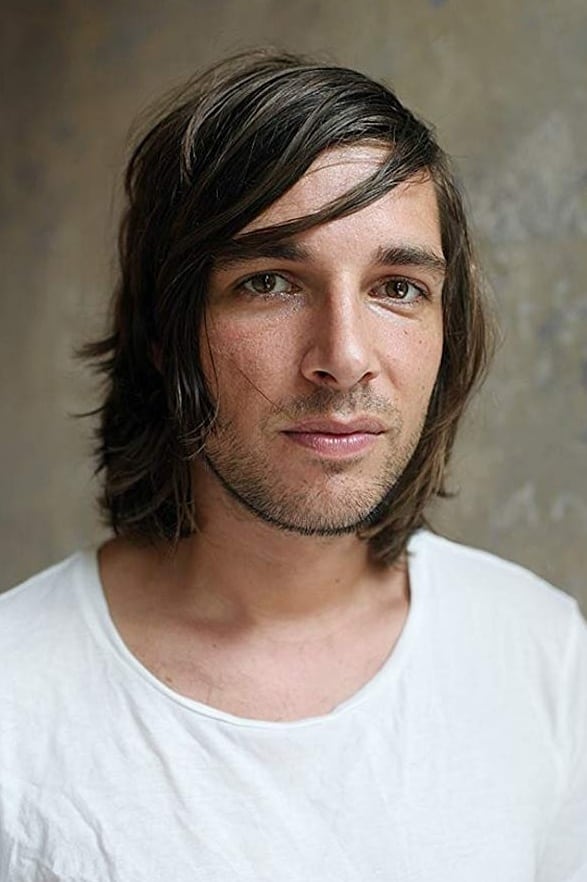
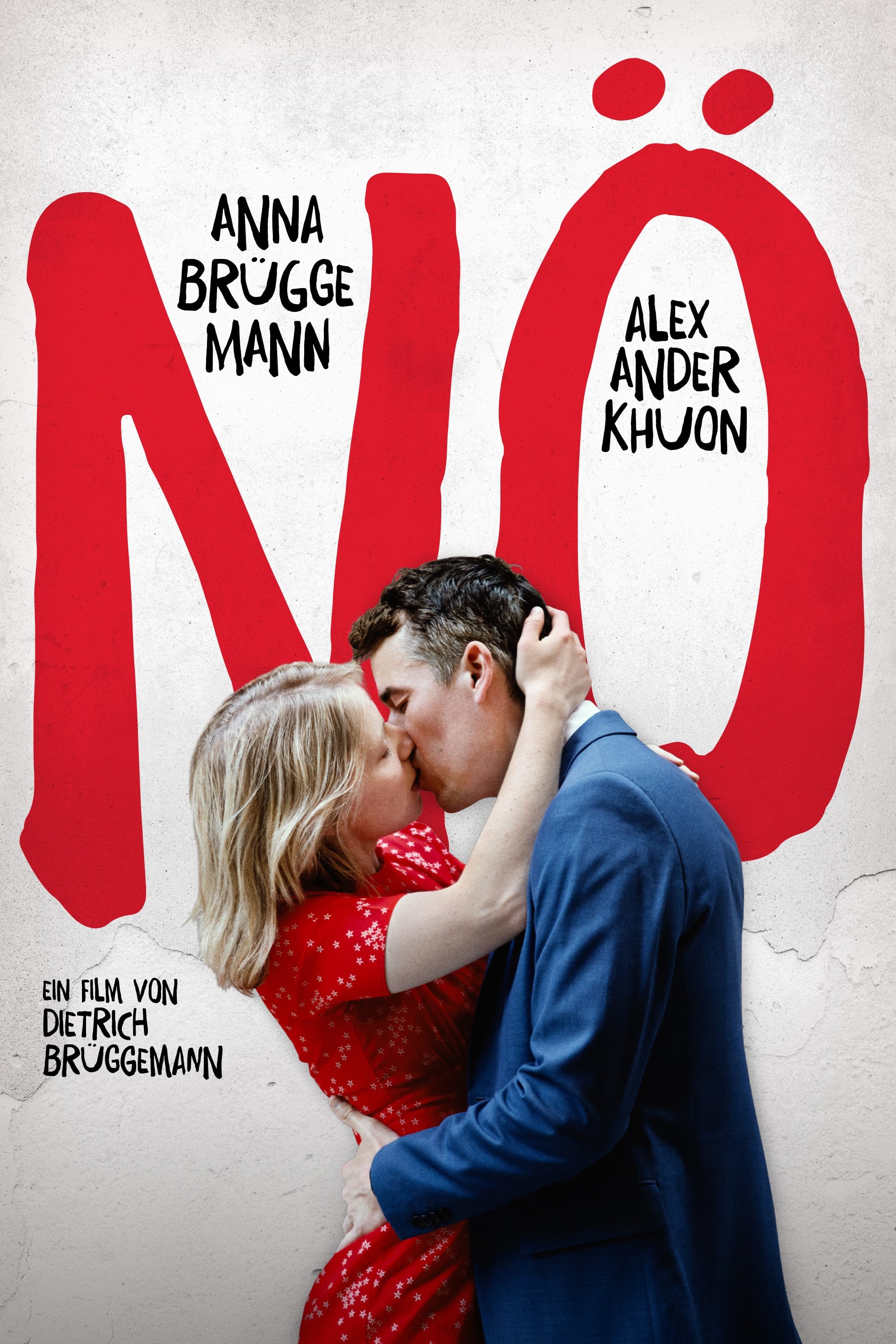
Isn’t the trajectory of a shared life determined in advance? Get married, have kids, be like everyone else… According to Dietrich Brüggemann, who competed in Vary six years ago, 30-somethings conceivably have it all, yet they fail in their attempts to achieve their set ideals. Nö delivers a critique of contemporary values, while also highlighting the struggle to find and nurture love.
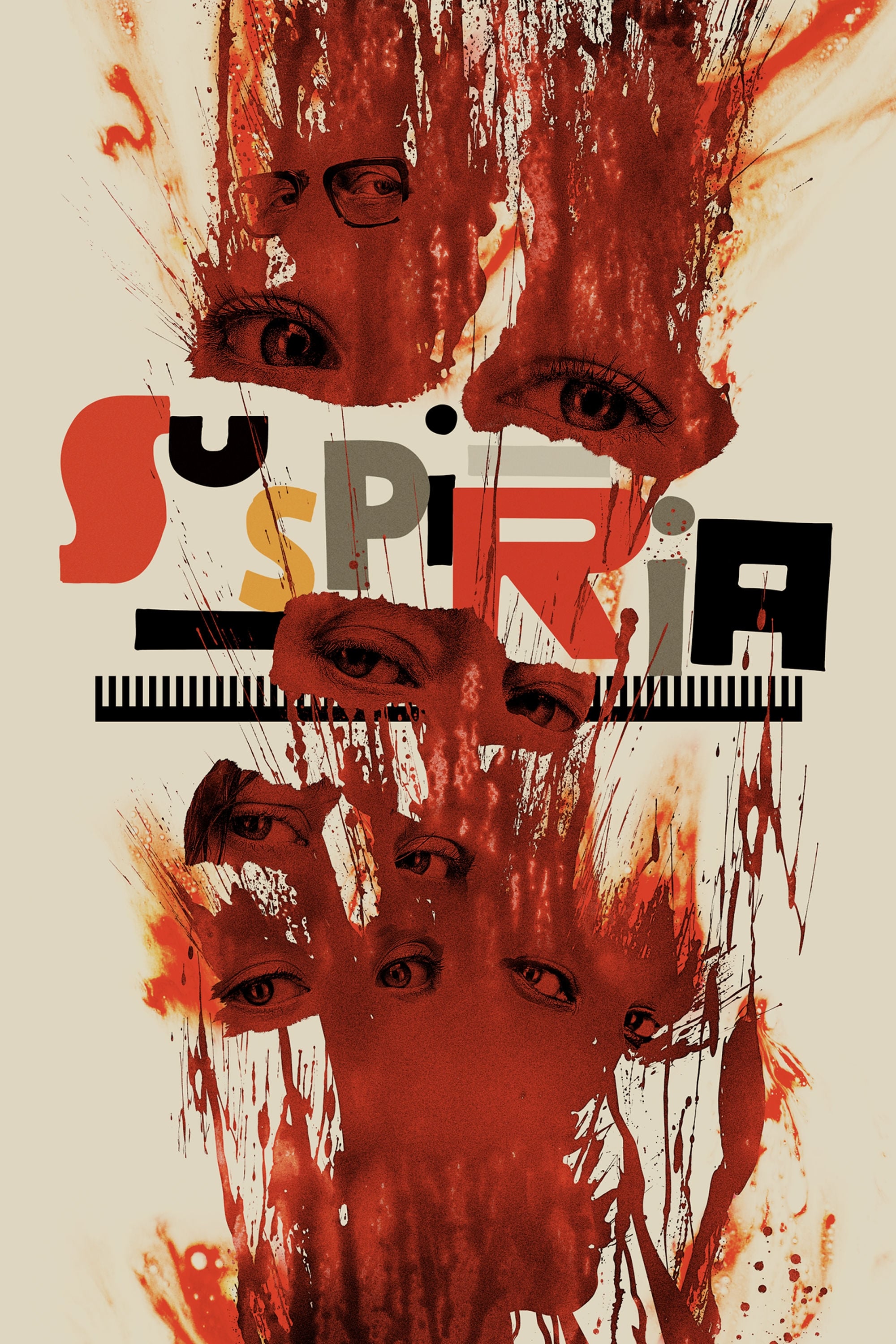
A darkness swirls at the center of a world-renowned dance company, one that will engulf the artistic director, an ambitious young dancer, and a grieving psychotherapist. Some will succumb to the nightmare. Others will finally wake up.
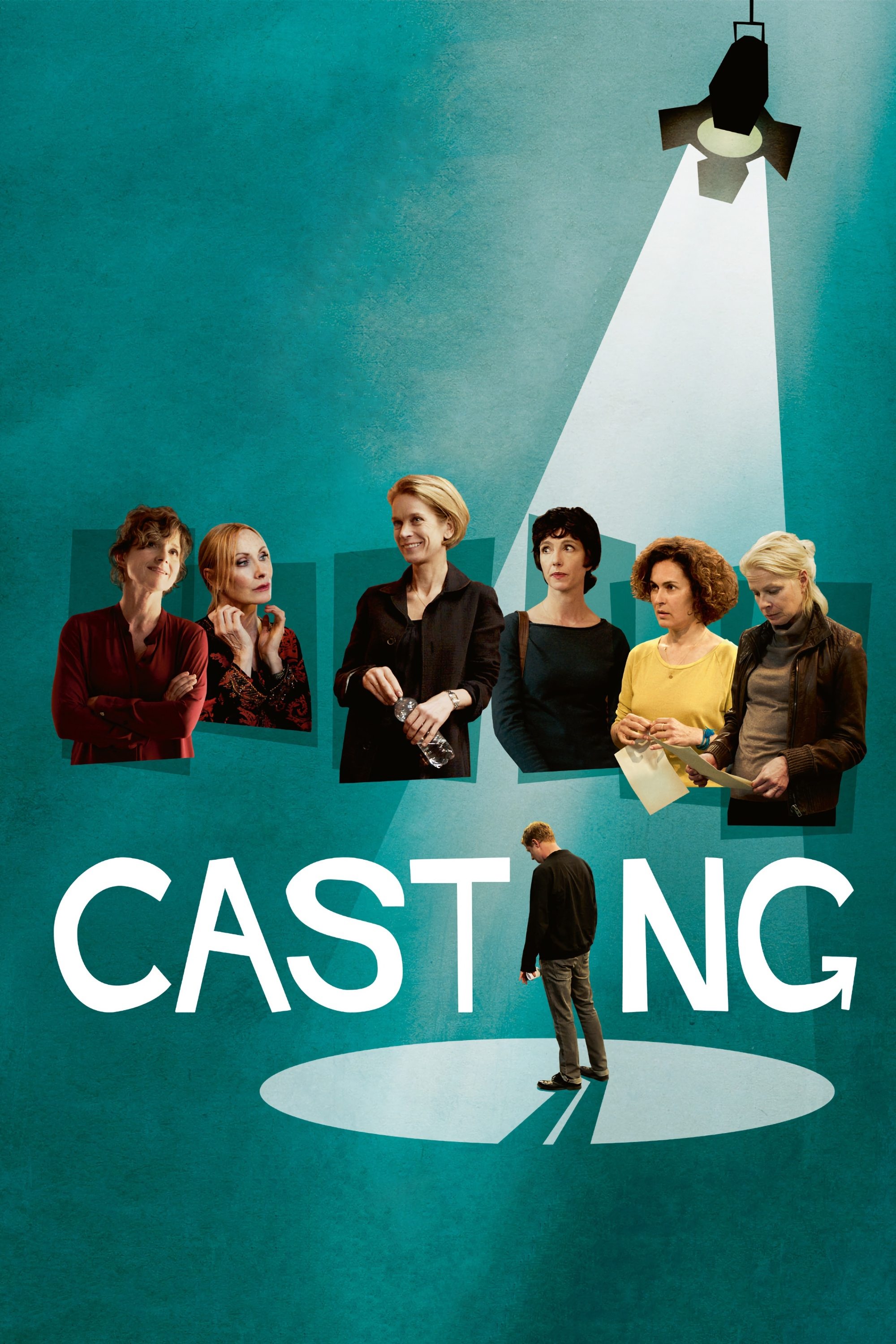
For her first television film, director Vera wants the perfect cast. But the first day of shooting is fast approaching and the numerous casting sessions have yet to find a suitable actress to play the leading role. Although the producer and crew are getting ever more exasperated with Vera, Gerwin is happy about the extra work, as he earns his money as an audition reader, delivering the lines of dialogue to the starry candidates at the various castings. When the male lead suddenly has to back out, Gerwin thinks that this might just be his chance.
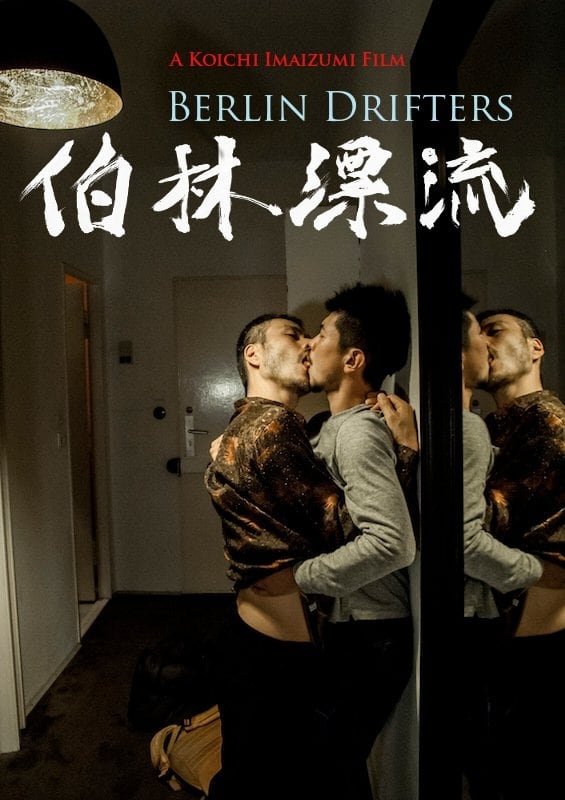
Kôichi is a Japanese man living alone in Berlin. He has no job and hardly any friends. One night Kôichi meets Ryota at a bar which is also a sex club. Ryota came to Berlin to visit a German guy whom he had "met" on a dating app. His high hopes for romance (and marriage?) were quickly crushed since the German was only interested in sex, not even letting Ryota stay for the night. That is why Ryota ended up spending the night in the dark room of the sex club. Kôichi for some reason lets Ryota stay at his apartment. They have sex. Ryota goes out almost everyday to get laid by various local men and comes home to Kôichi's. Increasingly caught up with a strange feeling that is akin to but not quite frustration or curiosity (needless to say, it is not even close to love), Kôichi gradually gives himself up to sex with Ryota.
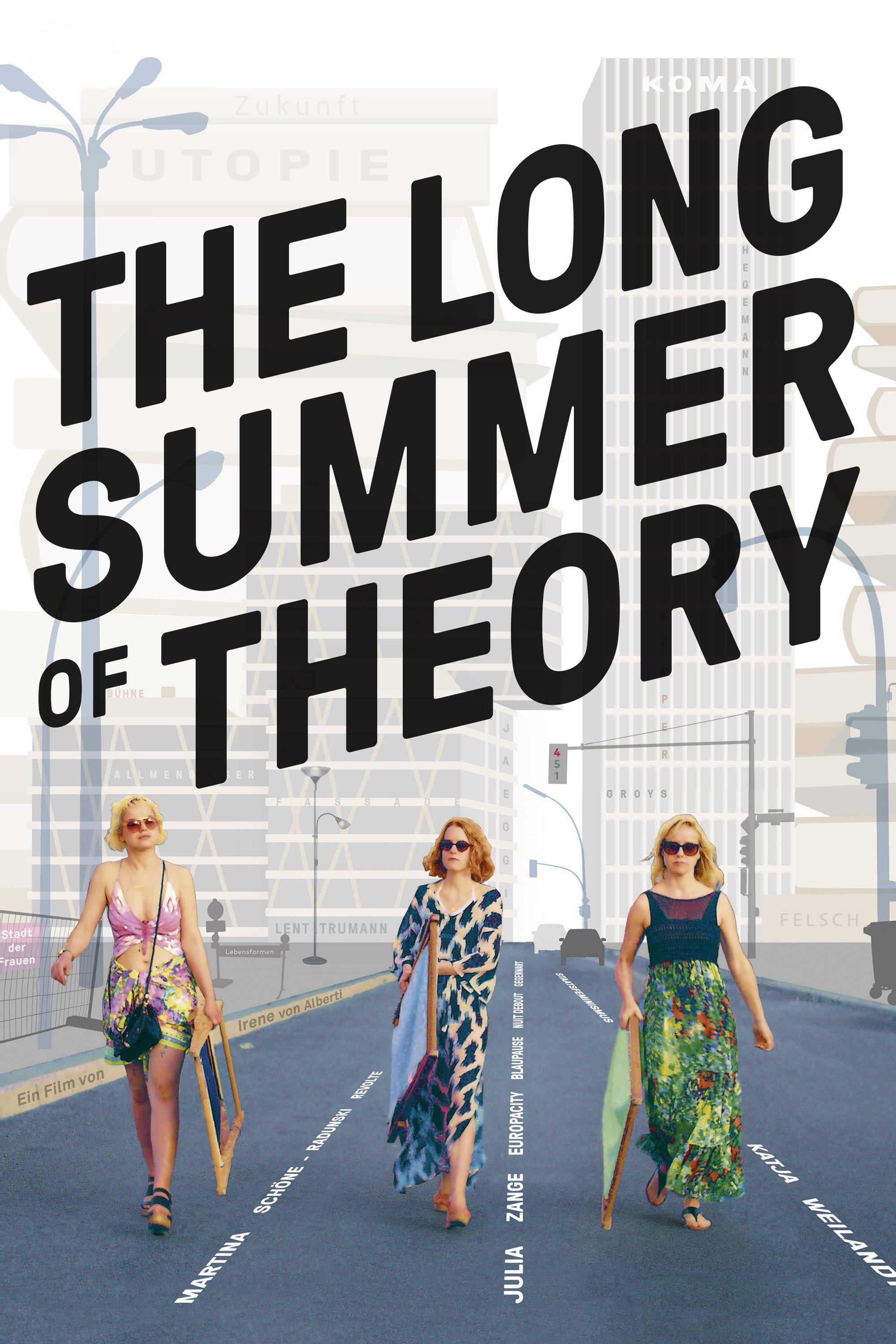
"What is to be done?" three women with artistic and creative professions in temporary living conditions are wondering. They are sharing a flat in an old building close to Berlin Central Station. The area is one of the city's last remaining gaps between buildings. They decide to end their flat share as soon as the first trenches will be dug. With mixed feelings they are heading towards the time when their spontaneous life comes to an end, which means they have to make one or more (life) decisions eventually. The current flat is a symbol for their own life scripts so far: unformed and all bets are off but it already starts to be uncomfortable. They spend the remaining days in their flat with friends, celebrations, discussions and the strong feeling for the dawning of a new era.

The story of the dog from the title, who in a frame narrative explains how he came to be transformed from an unemployed communist filmmaker into a canine with a philosophical bent. Unable to finance his new project, young Berlin-based director Julian tells foreign exchange student Camille that his job in the countryside is research for an upcoming film. When Camille offers to help, he is forced to uphold the lie. The plantation isn’t the proletarian idyll he had hoped for, but fortunately the reincarnation of Francis of Assisi provides spiritual insight and a new aim in life.
Toby Ashraf is known for his work on Bridge of Spies (2015), Only Lovers Left Alive (2013) and Suspiria (2018).
By browsing this website, you accept our cookies policy.